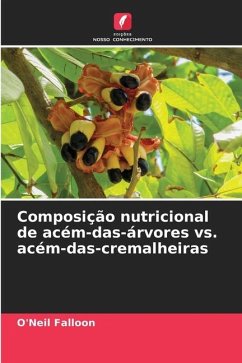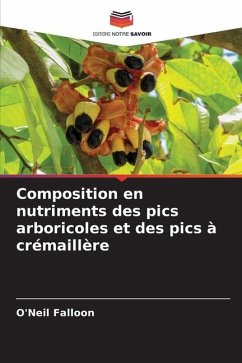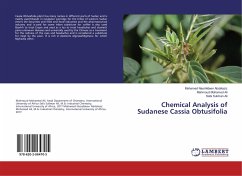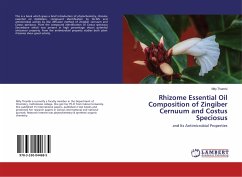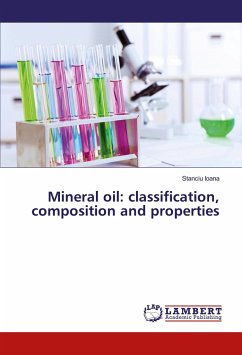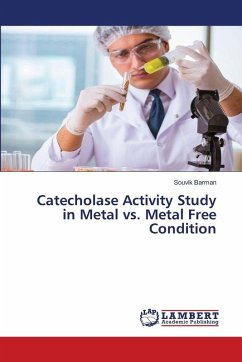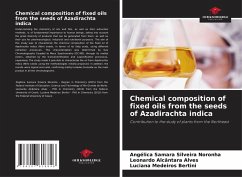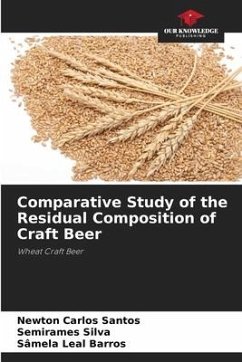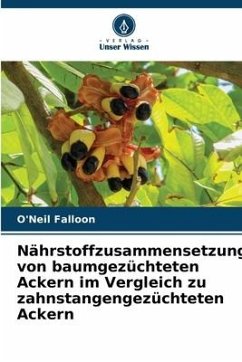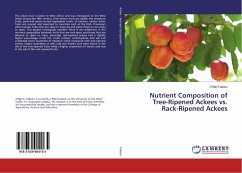
Nutrient Composition of Tree-Ripened Ackees vs. Rack-Ripened Ackees
Versandkostenfrei!
Versandfertig in 6-10 Tagen
43,99 €
inkl. MwSt.

PAYBACK Punkte
22 °P sammeln!
The ackee fruit is native to West Africa and was introduced to the West Indies during the 18th century. Only mature fruits are edible; the immature fruits, pods and seeds contain hypoglycin toxins. In Jamaica, mature ackee fruits are canned and exported to countries such as the USA. Processors often harvest fruits that are close to maturity and place them on sun-racks to ripen. This project investigates whether there is any difference in the nutrient composition between fruits that are rack-ripen and those that are allowed to ripen on trees. Generally, rack-ripened ackees had a slightly higher...
The ackee fruit is native to West Africa and was introduced to the West Indies during the 18th century. Only mature fruits are edible; the immature fruits, pods and seeds contain hypoglycin toxins. In Jamaica, mature ackee fruits are canned and exported to countries such as the USA. Processors often harvest fruits that are close to maturity and place them on sun-racks to ripen. This project investigates whether there is any difference in the nutrient composition between fruits that are rack-ripen and those that are allowed to ripen on trees. Generally, rack-ripened ackees had a slightly higher percentage crude fat, crude protein, carbohydrate and ash but comprised lower quantities of moisture when compared with tree-ripened ackees. Higher quantities of oleic acid and linoleic acid were found in the oils of the tree-ripened fruits while a higher proportion of stearic acid was in the oils of the rack ripened fruits.



